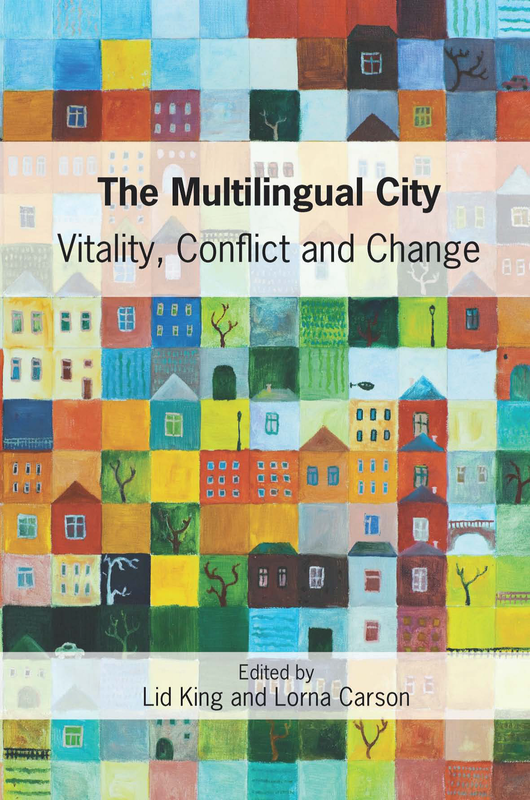|
This book is an exploration of the vitality of multilingualism and of its critical importance in and for contemporary cities. It examines how the city has emerged as a key driver of the multilingual future, a concentration of different, changing cultures which somehow manage to create a new identity. The book uses the recent LUCIDE multilingual city reports as a basis for discussion and analysis, and deals with both societal and individual multilingualism in a way that draws on the full range of their historical, contemporary, visual/audible, psychological, educational and policy-oriented aspects. The book will be of interest to students and researchers of multilingualism, migration studies, European Studies, anthropology, sociology and urbanism.
This important new volume reports research on Europe’s irretrievably multilingual cities and states where the challenges and rewards of multilingualism are sharply defined. Municipal authorities and national governments need to pay much more attention to the city as a site of language planning, of possible new conceptions of citizenship, and sites where much of the future of human relations will be negotiated. Joseph Lo Bianco, University of Melbourne, Australia An excellent way of understanding how language shapes cities just as much as nationality or ethnicity. With such understanding comes sensitivity and a greater chance of political harmony – of very great importance today. Tony Travers, London School of Economics and Political Science, UK |
| Peter Skrandies |
|
|||

